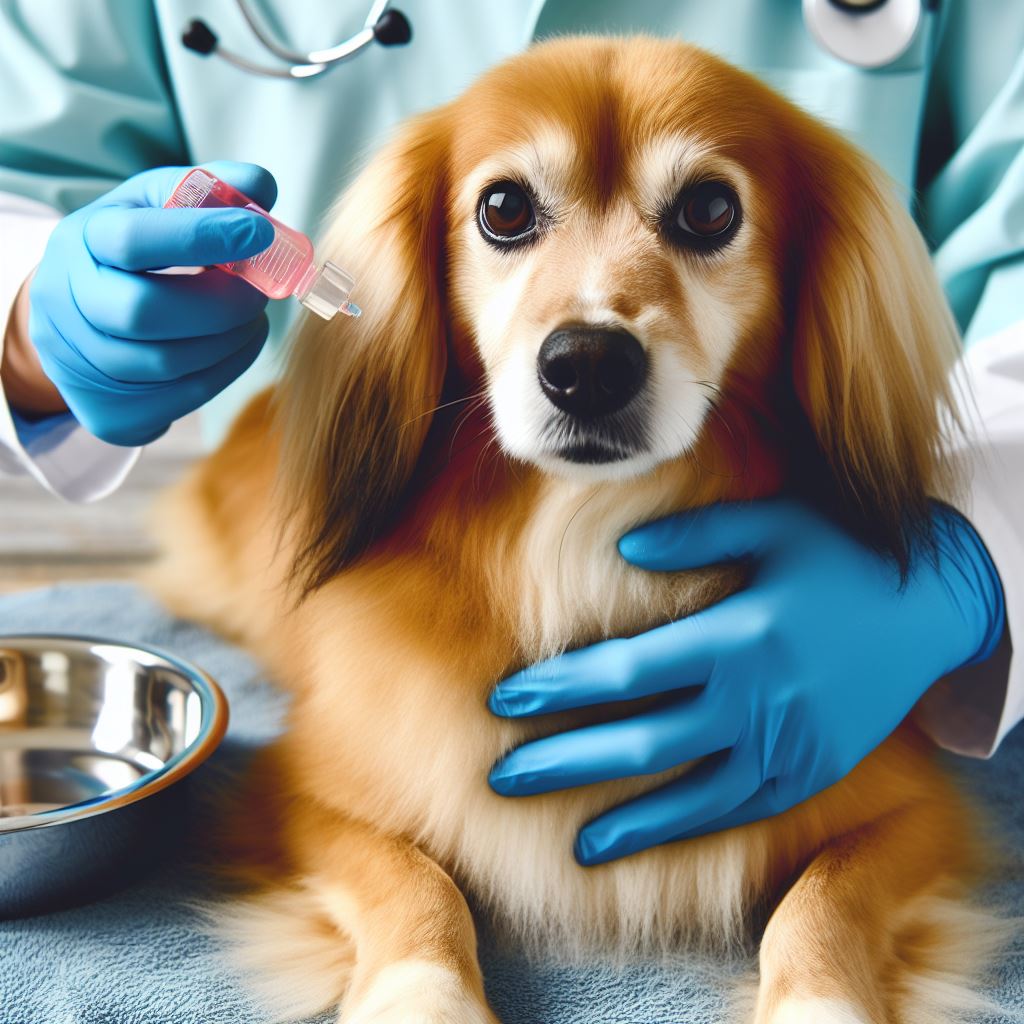As dog owners, ensuring our furry friends enjoy a long, happy, and healthy life is our top priority. One of the most important factors in achieving that goal is proper nutrition.
While there are many brands on the market, Health Extension Dog Food has gained a loyal following among pet parents who want a balanced, wholesome, and trustworthy diet for their dogs.
In this guide, we’ll explore essential dog health care tips, review the benefits of Health Extensions Dog Food, explain why it’s considered holistic, and share where you can buy it.

Why Nutrition Matters for Dogs
Just like humans, dogs require a balanced diet to maintain good health. The right nutrition affects everything—from your dog’s coat and energy levels to their immune system and longevity. Poor diet can lead to obesity, digestive issues, allergies, and chronic illnesses.
That’s where holistic Health Extension Dog Food comes in. It’s formulated to provide complete and balanced nutrition while avoiding artificial ingredients, making it a great choice for long-term health.
What is Health Extension Dog Food?
Health Extensions Dog Food is a premium pet food brand known for its holistic approach to canine nutrition. Unlike many mass-market dog foods, it focuses on natural, high-quality ingredients without artificial preservatives, colors, or fillers.
Key features of Health Extensions Dog Food include:
- Real meat as the first ingredient
- No by-products or rendered meals
- Free from corn, wheat, and soy
- Added vitamins, minerals, and probiotics
- Options for different life stages and breeds
Because of its commitment to natural nutrition, many pet owners consider it one of the best holistic options available.
Benefits of Health Extensions Dog Food
1. Complete and Balanced Nutrition
Every formula is designed to meet AAFCO (Association of American Feed Control Officials) nutritional standards for dogs, ensuring your pet gets the right balance of protein, fat, fiber, and essential nutrients.
2. Supports Digestive Health
With probiotics and natural fiber, this food promotes healthy digestion and regular bowel movements, reducing the risk of stomach upsets.
3. Enhances Skin and Coat
Omega-3 and Omega-6 fatty acids keep your dog’s skin healthy and coat shiny, reducing shedding and dryness.
4. Boosts Immunity
Added antioxidants from fruits, vegetables, and herbs help strengthen your dog’s immune system.
5. Ideal for Sensitive Dogs
Because it’s free from common allergens like corn, soy, and wheat, it’s suitable for dogs with food sensitivities or allergies.

Holistic Health Extensions Dog Food: What Makes It Different?
“Holistic” in pet food means the formula considers your dog’s overall health—not just basic nutrition. Holistic Health Extension Dog Food uses whole-food ingredients, herbs, and supplements to support multiple aspects of health, including:
- Joint support from glucosamine and chondroitin
- Heart health from taurine and balanced fats
- Mental wellness with amino acids and antioxidants
It’s about nourishing your dog from the inside out.
Dog Health Care Tips with Health Extension Dog Food at the Core
Good nutrition is just one part of your dog’s overall care. Here’s how to combine Health Extensions Dog Food with other essential health practices for a happy, healthy pup.
1. Provide Proper Nutrition
Switching to Health Extension Dog Food can be one of the best decisions for your dog’s health. Always choose the formula that matches their age, size, and activity level.
2. Ensure Regular Exercise
Pairing a healthy diet with daily exercise—whether it’s a walk, a run, or playtime—helps maintain a healthy weight and mental well-being.
3. Keep Up with Veterinary Care
Regular check-ups and vaccinations ensure that diet and health go hand in hand. A vet can also guide you on how much Health Extension Dog Food your dog should eat daily.
4. Groom Your Dog Regularly
Healthy skin and coat begin with good nutrition and are maintained through brushing, nail trimming, and ear cleaning.
5. Protect Against Parasites
Parasite prevention is crucial. Healthy dogs with strong immune systems—thanks in part to a balanced diet—are better equipped to resist infestations.
6. Create a Safe Environment
Remove hazards from your home and yard. A dog in a safe space will be healthier and happier.
7. Provide Mental Stimulation
Training, toys, and puzzle feeders (which you can fill with small kibble from Health Extension Dog Food) keep your dog’s mind sharp.
8. Consider Spaying/Neutering
It reduces the risk of certain health problems and helps with behavioral management.

Health Extension Dog Food Review
Pet owners who switch to Health Extension Dog Food often notice positive changes within weeks:
- More energy and playfulness
- Shinier coats and reduced shedding
- Improved digestion and smaller, firmer stools
- Better weight management
- Fewer allergy symptoms
Many reviews highlight that picky eaters enjoy the taste, making mealtime easier for pet parents.
Where to Buy Health Extensions Dog Food
You can purchase Health Extension Dog Food from:
- Local pet supply stores
- Veterinary clinics
- Online retailers like Amazon, Chewy, and Petco
- The official Health Extension website
Related searches:
- Where to buy Health Extension Dog Food near me
- Where can I buy Health Extension Dog Food in bulk
Buying online often gives you the advantage of discounts and auto-delivery options.
FAQs About Health Extension Dog Food
Q1: Is Health Extensions Dog Food grain-free?
Some formulas are grain-free, while others include wholesome grains. Check the product label for details.
Q2: How much Health Extension Dog Food should I feed my dog?
Feeding amounts vary by weight, age, and activity level. Refer to the package feeding guide or consult your vet.
Q3: Is Health Extension Dog Food good for puppies?
Yes, there are specific puppy formulas that support healthy growth and development.
Q4: Can dogs with allergies eat Health Extension Dog Food?
Yes, especially the limited-ingredient and grain-free recipes, which are designed for sensitive dogs.
Q5: Where can I buy Health Extension Dog Food online?
It’s available on Amazon, Chewy, Petco, and the official brand website.
Conclusion
Your dog’s health starts with what’s in their bowl. By choosing Health Extension Dog Food, you’re providing a balanced, wholesome, and holistic diet that supports overall well-being. Pair it with regular exercise, vet visits, grooming, and love, and you’ll be giving your furry friend the best possible life.
A healthy diet isn’t just about feeding—it’s about extending the health and happiness of your dog for years to come.
